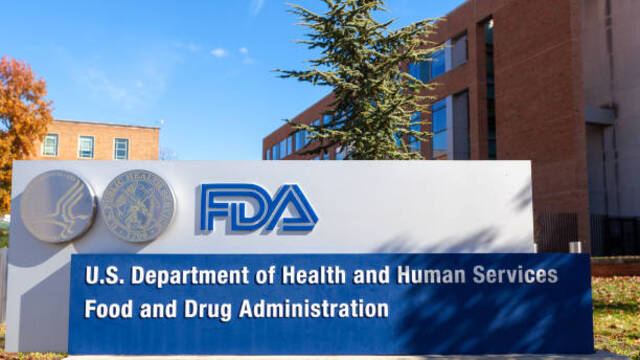Sen. Dick Durbin, D-Ill., this year proposed that the U.S. spend $150 billion more over 10 years on biomedical research at the National Institutes of Health and other institutions. Two experts weigh in on the bill.
Is more federal funding for the National Institutes of Health the best bang for the buck when it comes to using precious tax dollars to advance public health? No.
The NIH budget is about $30 billion. But what does that buy? Where do discoveries that advance public health really come from? Some do come from NIH-funded research — but not nearly the majority. The engine of innovation is the biopharmaceutical industry, which spends in excess of $50 billion annually on research and development. It's not a competition; the NIH and industry complement each other's efforts. But context matters.
The NIH focuses on basic research, the study of fundamental aspects of phenomena without specific applications. The biopharmaceutical industry addresses most of its R&D toward clinical research, science focused on the actual development of new medicines. The NIH provides grants to academic institutions. Industry employs the scientists who do the work and, increasingly, funds academic research.
Is more federal funding for the National Institutes of Health the best bang for the buck when it comes to using precious tax dollars to advance public health? No.
The NIH budget is about $30 billion. But what does that buy? Where do discoveries that advance public health really come from? Some do come from NIH-funded research — but not nearly the majority. The engine of innovation is the biopharmaceutical industry, which spends in excess of $50 billion annually on research and development. It's not a competition; the NIH and industry complement each other's efforts. But context matters.
The NIH focuses on basic research, the study of fundamental aspects of phenomena without specific applications. The biopharmaceutical industry addresses most of its R&D toward clinical research, science focused on the actual development of new medicines. The NIH provides grants to academic institutions. Industry employs the scientists who do the work and, increasingly, funds academic research.


